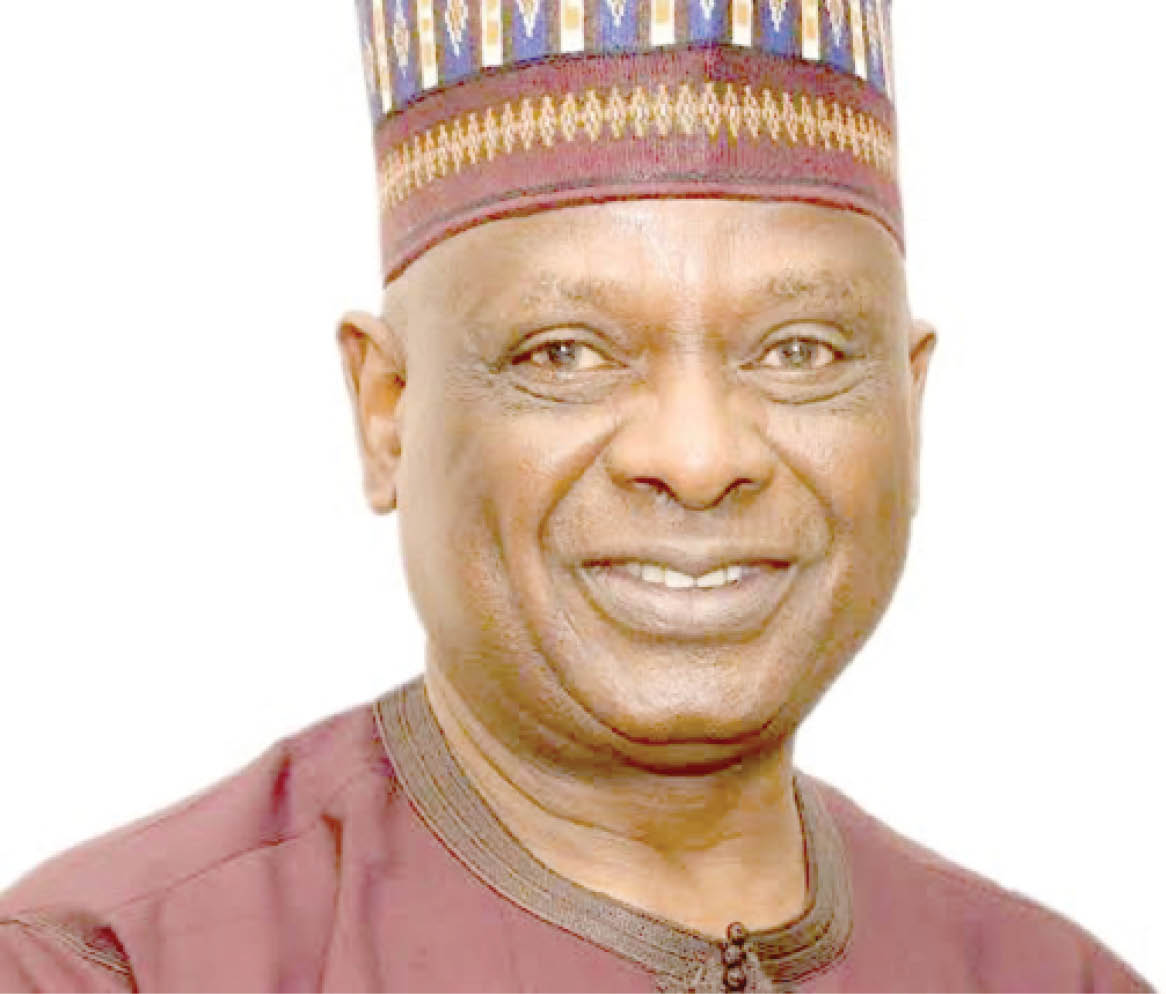Nigeria to amend procurement laws – BPP
The federal government has said that it will amend the existing standard bidding and contract documents, which have been operational since 2009. The director-general, Bureau of Public Procurement (BPP), Alhaji Mamman Ahmadu, disclosed this yesterday in Abuja during a stakeholder’s workshop on the ‘Review of Draft Standard Bidding and Contract Documents’ being used for the […]

BPP DG, Mamman Ahmadu
The federal government has said that it will amend the existing standard bidding and contract documents, which have been operational since 2009.
The director-general, Bureau of Public Procurement (BPP), Alhaji Mamman Ahmadu, disclosed this yesterday in Abuja during a stakeholder’s workshop on the ‘Review of Draft Standard Bidding and Contract Documents’ being used for the Procurement of Goods, Works and Services in the country.
Ahmadu was represented by the director, Energy Infrastructure, BPP, Babatunde Kuye, an engineer.
He said the workshop was to review existing procurement documents and present the newly developed bidding documents to be adopted for the procurement of goods, works and services.
- Alleged N3.1bn fraud: Court to rule on Okorocha’s application Feb 6, 2023
- Why KILAF 22 will be different – Abdulkareem Muhammed
“The BPP, in line with her function as stipulated in section 5(m) of the Public Procurement Act, 2007, is mandated to prepare and update standard bidding and contract documents, with the aim of achieving its objectives of transparency, competition, cost-effectiveness and professionalism in the public sector procurement system and disposal of public assets in line with international best practice.
“Since the development of the existing standard bidding documents in 2009, a lot has happened in the procurement space, both locally and internationally. Notable is the global economic meltdown, the global pandemic brought about by COVID-19, rapid advancement in technology and advancement in procurement practice globally, just to mention few.
“In addition, the use of these documents over the years has thrown up lessons borne out of the challenges encountered by both the public sector and the private sector actors in the conduct of public procurement in the country,” Ahmadu said.
He added that the development of new procurement documents and the revision of the existing procurement documents were aimed at addressing the inadequacies observed by ministries, departments and agencies of the government in the use of the current documents, which were developed in 2009 and last updated in 2011.
